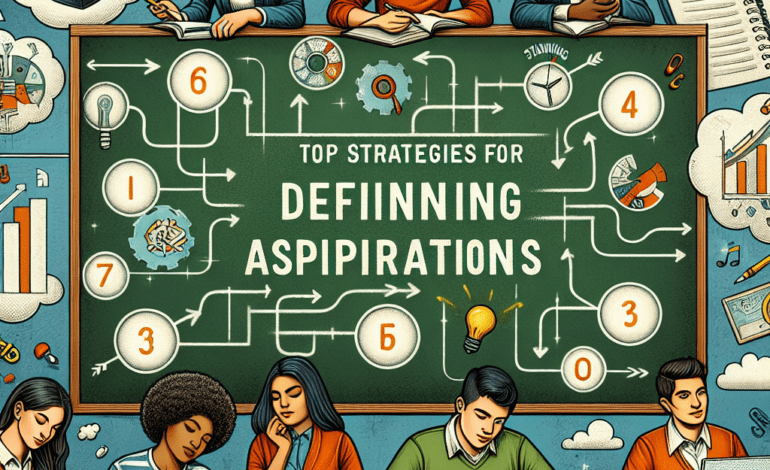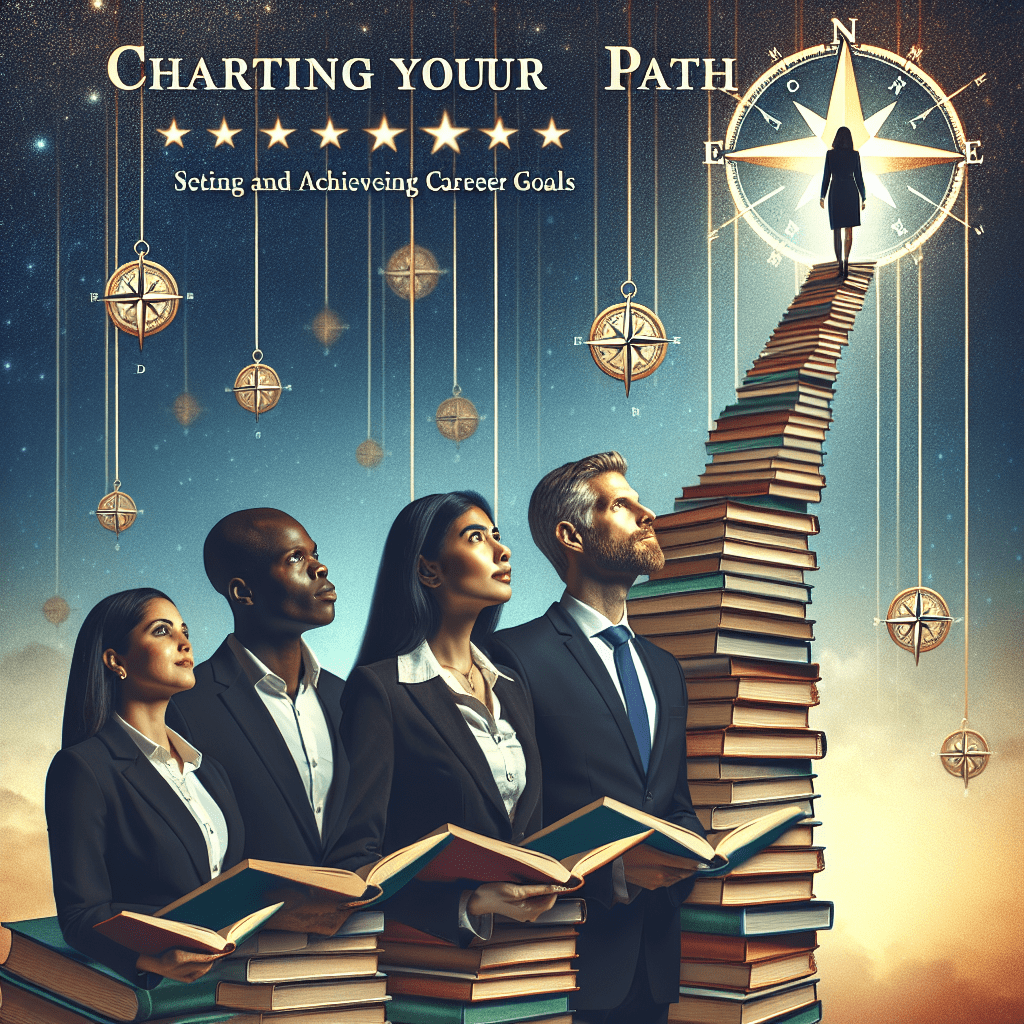Top Strategies for Defining Educational Aspirations

Introduction
As the foundation for a successful future, defining your educational aspirations is a critical step in your academic and career journey. Whether you’re aiming for a specific degree, a particular university, or a specialized field, having clear and well-defined goals will help guide your educational path. This article explores top strategies that can assist you in identifying and achieving your educational aspirations.
Personal Assessment
Your journey starts with a thorough self-assessment. Understanding your strengths, weaknesses, interests, and values is key to setting realistic and attainable educational goals.
- Strengths and Weaknesses: Conduct a SWOT analysis (Strengths, Weaknesses, Opportunities, Threats) to identify areas for improvement and opportunities for growth.
- Interests and Values: Reflect on what subjects or activities you are passionate about and how they align with your personal values and career aspirations.
Goal Setting
Effective goal setting is central to achieving educational aspirations. Utilize the SMART criteria to ensure your goals are Specific, Measurable, Achievable, Relevant, and Time-bound.
- Specific: Clearly define what you want to achieve.
- Measurable: Establish criteria to track progress.
- Achievable: Set realistic and attainable goals.
- Relevant: Align your goals with your broader life and career objectives.
- Time-bound: Set deadlines to create a sense of urgency.
Exploring Interests
Engage in various activities and subjects to discover what truly excites you. This can provide insight into potential career paths and educational goals.
- Extracurricular Activities: Join clubs, sports teams, or organizations related to your interests.
- Volunteer Work: Participate in community service projects to gain experience and discover new passions.
- Internships: Seek internship opportunities to gain professional experience in areas you are interested in.
Seeking Guidance
Consulting with mentors, educators, and counselors can provide valuable insights and advice as you define your educational aspirations.
- Academic Advisors: Work with advisors to understand academic requirements and opportunities.
- Mentors: Seek out mentors who can offer personal and professional guidance.
- Career Counselors: Utilize career services to explore potential career paths and necessary educational qualifications.
Planning and Execution
Develop a clear plan to achieve your educational goals, including timelines and actionable steps.
- Create a Timeline: Develop a timeline outlining key milestones and deadlines.
- Actionable Steps: Break down your goals into smaller, manageable tasks.
- Resources: Identify and utilize available resources, such as scholarships, tutoring, and study groups.
Monitoring Progress
Regularly review and adjust your educational plan to stay on track and ensure continued alignment with your aspirations.
- Regular Check-ins: Set up periodic reviews to assess progress and make necessary adjustments.
- Celebrate Achievements: Recognize and celebrate small victories along the way to maintain motivation.
- Adaptability: Be prepared to adapt your plan in response to new opportunities or challenges.
Conclusion
Defining your educational aspirations is a dynamic and ongoing process that requires self-reflection, goal setting, and proactive planning. By following these strategies, you can create a clear and achievable roadmap toward your academic and career goals. Remember to stay flexible and open to new opportunities as you progress on your journey.
FAQs
1. Why is it important to define educational aspirations?
Defining educational aspirations provides direction, motivation, and a clear path to achieve your academic and career goals. It helps you focus your efforts and resources on what truly matters.
2. How can I discover my interests?
Engage in different activities, such as extracurricular pursuits, volunteer work, and internships. These experiences can provide valuable insights into what you are passionate about.
3. What if my goals change over time?
It’s normal for goals to evolve as you gain more experiences and insights. Regularly review and adjust your goals to ensure they remain aligned with your long-term aspirations.
4. Who can help me in defining my educational aspirations?
Academic advisors, mentors, career counselors, teachers, and family members can offer valuable guidance and support as you define and pursue your educational goals.



